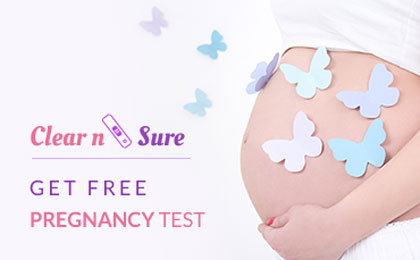Hair Loss
Hair loss during pregnancy, known as postpartum hair loss or telogen effluvium, is a common occurrence for many women. This phenomenon typically happens after childbirth rather than during pregnancy itself. During pregnancy, higher levels of estrogen prolong the growth phase of hair, resulting in thicker, fuller hair for many women. However, after giving birth, hormone levels drop significantly, which can trigger hair shedding.
Here’s a breakdown of why postpartum hair loss happens:
Hormonal changes: During pregnancy, estrogen levels rise, which can prolong the growth phase of hair and reduce shedding. After childbirth, estrogen levels drop rapidly, causing hair follicles to transition into the shedding phase.
Telogen effluvium: Postpartum hair loss is often a type of telogen effluvium, which is a temporary condition where a significant number of hair follicles enter the resting phase (telogen) prematurely, leading to increased shedding. This shedding typically occurs around two to four months after childbirth.
Stress: The physical and emotional stress associated with childbirth and caring for a newborn can also contribute to hair loss. Stress hormones like cortisol can disrupt the normal hair growth cycle, leading to increased shedding.
Nutritional factors: Pregnancy and breastfeeding place increased nutritional demands on the body. If a woman’s diet is lacking in essential nutrients, it can contribute to hair loss postpartum.
Genetics: A woman’s genetic predisposition to hair loss can also play a role in postpartum shedding. Women with a family history of thinning hair or pattern baldness may be more prone to experiencing postpartum hair loss.
Overall, postpartum hair loss is a common and usually temporary condition that many women experience after childbirth. While it can be distressing, understanding the underlying causes and implementing healthy hair care practices can help minimize its impact
Hair loss during pregnancy, known as telogen effluvium, can be distressing but is often temporary and caused by hormonal fluctuations. Normally, hair goes through growth and rest phases, but during pregnancy, elevated estrogen levels prolong the growth phase, resulting in thicker, fuller hair. After childbirth, hormone levels return to normal, leading to a shedding of excess hair as the growth phase ends. This shedding usually resolves within six to twelve months postpartum. Adequate nutrition and stress management can support healthy hair growth during and after pregnancy.
Pregnancy Procedure

- Preconception Planning
- Conception
- Confirmation of Pregnancy
- Prenatal Care
- Nutrition and Lifestyle Changes
- Medical Monitoring and Screening
- Education and Preparation for Childbirth
- Labor and Delivery
- Postpartum Care
- Bonding and Parenting
Contact Pregnancy Care
Address: Anandi Hospital Plot no. 4, Opp. HDFC Bank, Sutgirni Chowk to Shivaji
Nagar road, Chh. Sambhajinagar
